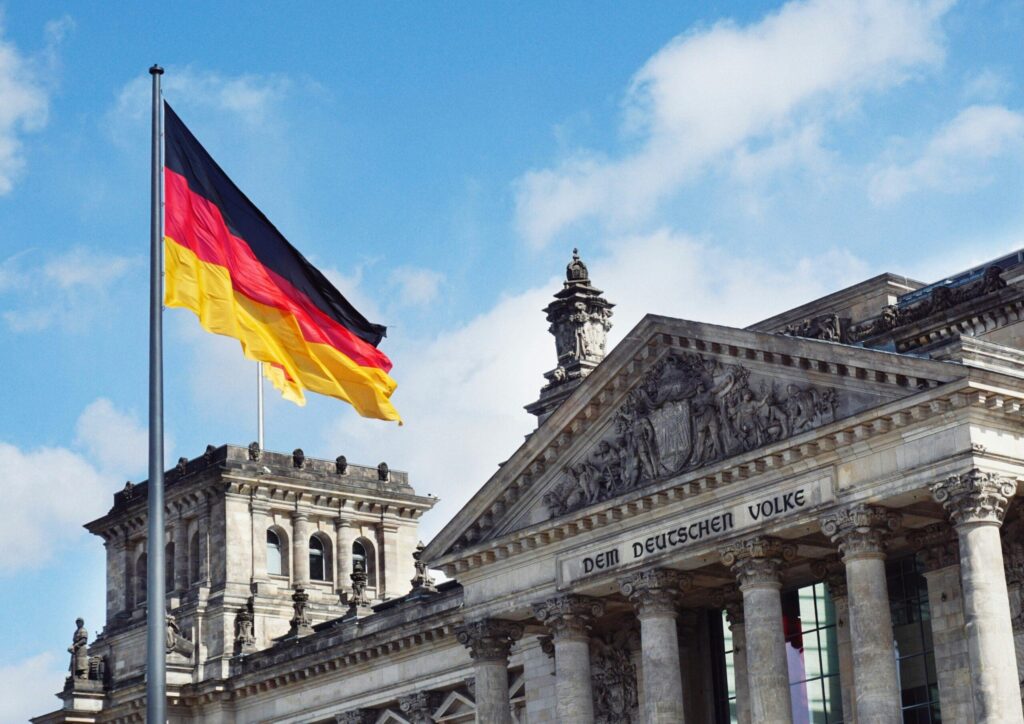Germany Issues Caution to Nigeria and West African Neighbors Over Growing Russian Influence
In a notable diplomatic development, Germany has raised alarms about the increasing presence of Russia in West Africa, particularly focusing on Nigeria and its surrounding countries. As global power dynamics continue to shift, Berlin’s warning reflects broader Western concerns about Moscow’s expanding reach into regions rich in natural resources. This alert not only highlights potential risks for regional stability but also underscores the strategic calculations shaping international relations today.
Germany’s Diplomatic Warning: Risks of Deepening Relations with Russia
Germany has formally cautioned Nigeria and neighboring states against deepening their ties with Russia, emphasizing the possible adverse effects such partnerships could bring. European Union officials have expressed apprehension over Moscow’s growing engagement across Africa, urging these nations to prioritize alliances grounded in democratic principles and respect for human rights.
The German government outlined several critical concerns associated with closer cooperation with Russia:
- Economic Vulnerabilities: Heightened reliance on Russian economic support may expose Nigerian markets to instability amid geopolitical upheavals.
- Security Challenges: Military collaborations risk empowering factions that may undermine national security interests due to conflicting agendas.
- Diplomatic Estrangement: Aligning too closely with Moscow could alienate traditional Western partners vital for trade and development assistance.
This advisory encourages West African nations to pursue balanced foreign policies that foster sustainable growth while adhering to international norms.
The Expanding Footprint of Russia in West Africa: Security and Economic Implications
The surge of Russian influence across West Africa is increasingly drawing scrutiny from Western capitals. Germany’s warnings reflect tangible concerns regarding how this trend might reshape regional security landscapes and economic dependencies. Key issues include:
- Security Risks: Enhanced military cooperation between local governments and Russian entities might inadvertently strengthen insurgent groups or destabilize fragile areas.
- Economic Dependence: Engagements often come bundled with trade agreements that favor Russian interests, potentially leading to exploitative arrangements detrimental to local economies.
- Tensions Among Global Powers: Closer ties with Russia risk fracturing existing alliances between African states and Western countries, complicating diplomatic relations further.
The consequences are already visible through increased military contracts involving private Russian firms operating in the region as well as resource extraction deals raising sovereignty concerns among local populations. The table below summarizes some anticipated outcomes stemming from this geopolitical shift:
| Arena | Potential Benefits | Pitfalls & Risks |
|---|---|---|
| Defense Partnerships | Bolstered military capabilities through training & equipment supply | Pervasive insurgency escalation fueled by proxy conflicts |
| Economic Exchanges | Diversification into new markets beyond traditional partners | Lopsided trade terms undermining domestic industries |
|
Fostering Strong Political Coalitions |
Increased leverage during international negotiations coupled A Final Perspective: Balancing Sovereignty Amid Shifting Global DynamicsThe firm stance taken by Germany towards Nigeria and its neighbors serves as a timely reminder about the intricate challenges posed by evolving global alliances. As these countries weigh their options amidst competing influences from major powers like Russia, they must prioritize sovereignty preservation alongside sustainable progress. This unfolding scenario exemplifies how diplomacy today requires nuanced understanding beyond mere alignment—it demands foresight into long-term consequences affecting political stability, economic independence, and social cohesion within West Africa. Observers worldwide will continue monitoring developments closely as they reveal much about contemporary geopolitics’ complex fabric shaped by history yet driven by emerging realities. |

